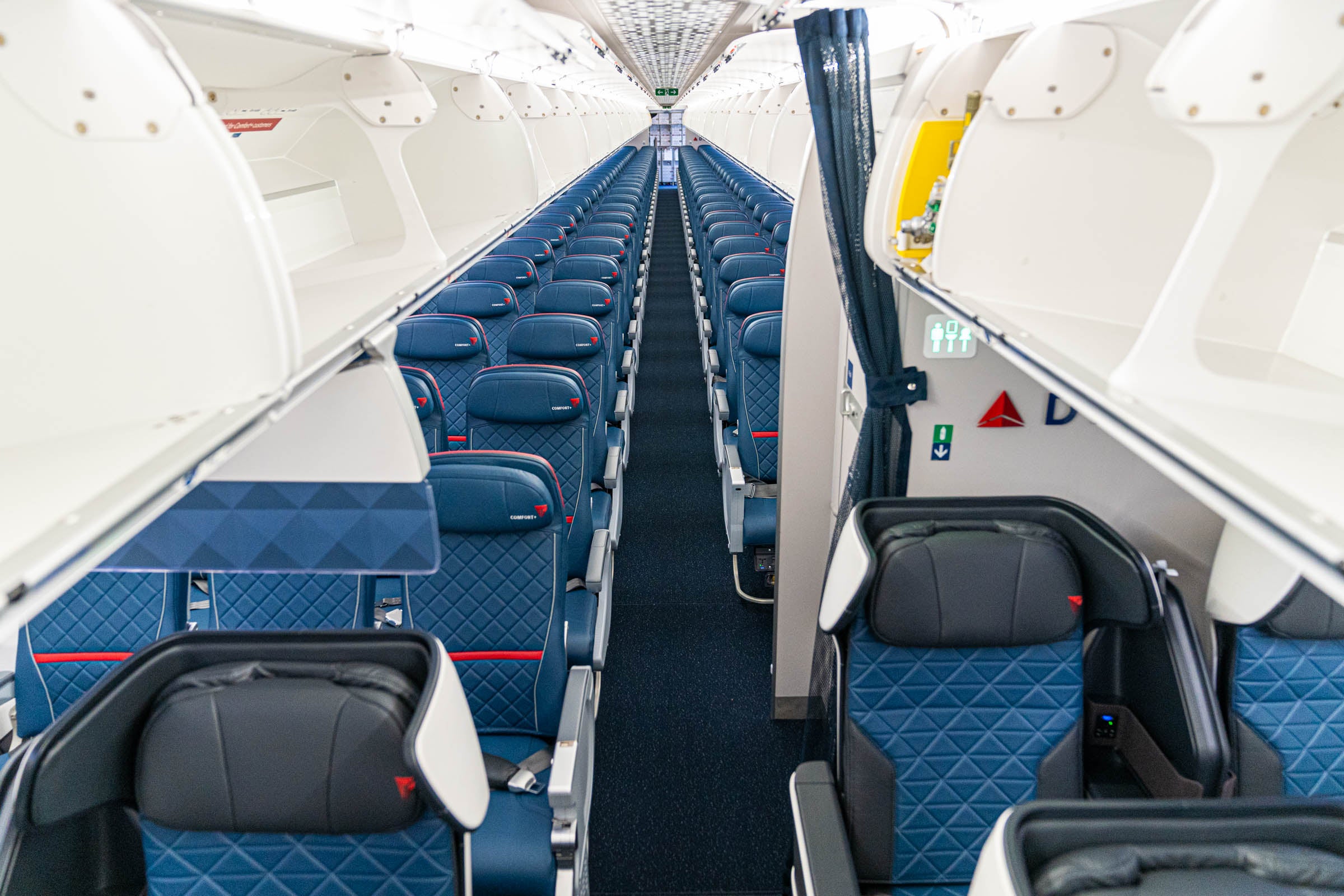The Department of Transportation is in the early stages of looking into airline frequent flyer programs and checking whether airlines have engaged in unfair or deceptive practices, Reuters first reported and the agency confirmed to TPG on Thursday.
In what appeared to be the early stages of an exploratory effort, the DOT has met in the past several weeks with airline representatives to discuss various aspects of the programs, according to Reuters, while a DOT spokesperson confirmed in a statement that the airline is “actively meeting with U.S. airlines and gathering more information on this issue.”
Want more aviation news? Sign up for TPG’s free biweekly Aviation newsletter.
“We plan to carefully review complaints regarding loyalty programs and exercise our authority to investigate airlines for unfair and deceptive practices that hurt travelers as warranted,” the statement added.
Included in the topics the DOT is exploring with airlines are the transparency practices surrounding booking award tickets, along with aspects surrounding the devaluation of miles over time, the transferability of points and miles, and the nature of notice given to customers when making changes to the program, according to Reuters.
Frequent flyer programs have drawn increasing scrutiny from federal lawmakers and agencies in recent months.
In October, Senate Judiciary Committee chair Dick Durbin (D-IL) and Sen. Roger Marshall (R-KS) asked DOT and the Consumer Financial Protection Bureau (CFPB) to detail their enforcement actions amid “troubling reports that airlines are engaged in unfair, abusive, and deceptive practices with respect to these loyalty programs.”
“In practical terms, this means airlines can make changes to their points programs without notice to consumers, as long as the programs’ terms of service reserve the right to do so,” the senators wrote in a letter to the agencies. “As a result, these programs incentivize consumers to purchase goods and services, obtain credit cards, and spend on those credit cards in exchange for promised rewards — all while retaining the power to strip consumers of those rewards at any moment.”

The letter came roughly six weeks after Delta Air Lines announced changes to the elite statuses in its SkyMiles frequent flyer program. Those changes, some of which the airline partially walked back while leaving others in place, drew customer ire and served to underscore the unilateral control that the airlines hold over the programs, along with the few restrictions or regulatory statutes surrounding them.
Many of the changes to Delta’s program served to reward those who spend and engage more with the airline, particularly heavy users of its co-branded American Express credit cards.
“While these programs may have originated to incentivize and reward true ‘frequent flyers,’ they have evolved to include co-branded credit cards and now often significantly or exclusively focus on dollars spent using these co-branded credit cards,” Sens. Durbin and Marshall wrote in the October letter.
Durbin and Marshall, along with other legislators, have separately sponsored legislation that would affect the payment networks used by some credit card issuers. Airlines and issuers have lobbied against the legislation (as has The Points Guy, citing the possibility that rewards programs would be negatively impacted by the proposed law).
Related: DOT fines Southwest up to $140 million over 2022 holiday meltdown
Co-branded credit cards have become big business for airlines over the past decade, boosting valuations of their frequent flyer programs and driving billions of dollars in annual revenue for the carriers.
During an earnings call in January, Delta said that it added 8.5 million SkyMiles members to its rolls in 2022. In 2020 the airline said that it had 100 million members. The airline said in June that nearly 1% of the U.S. GDP is spent on its co-branded credit cards.
In 2020 during the peak of the COVID-19 pandemic, United used its MileagePlus loyalty program to secure a $5 billion loan, valuing the program at nearly $22 billion.
Delta and United declined to comment on the DOT initiative, while other airlines did not return TPG’s request for comment.



